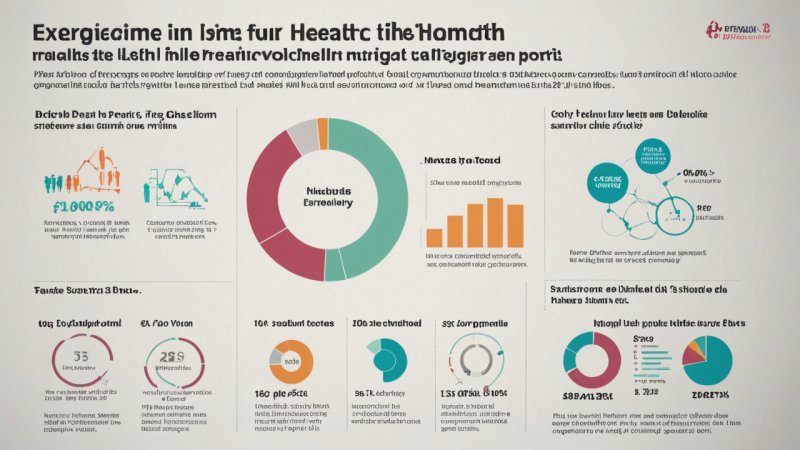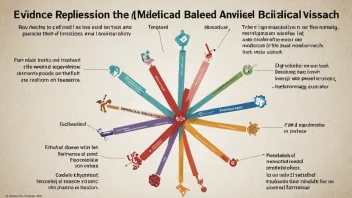In the rapidly evolving landscape of healthcare, the intersection of medical research and health policy has become increasingly significant. Medical research not only advances our understanding of diseases and treatments but also plays a pivotal role in influencing the creation and modification of health policies. This article discusses the various ways in which research findings shape health policies, highlighting key examples and the implications for public health. One of the primary ways that medical research impacts health policy is through the generation of evidence-based guidelines. Policymakers rely on clinical research to inform decisions about the best practices for disease prevention, treatment, and management. For example, research demonstrating the benefits of early screening for breast cancer has led to widely adopted screening guidelines that recommend regular mammograms for women of certain age groups. Such policies are grounded in scientific evidence, ensuring that health resources are allocated effectively to maximize patient outcomes. Furthermore, medical research contributes to understanding the cost-effectiveness of interventions, which is crucial for budget-conscious policymakers. By evaluating the economic implications of various treatment options, researchers can provide valuable insights into which interventions provide the best value for money. This information is particularly important in the context of limited healthcare budgets, where policymakers must make difficult decisions about resource allocation. For instance, studies that demonstrate the cost-effectiveness of preventive measures, such as vaccination programs, can lead to increased funding for these initiatives, ultimately reducing the burden of disease on the healthcare system. Another critical area where medical research influences health policy is in addressing public health crises. The COVID-19 pandemic serves as a prime example of how research can rapidly inform policy decisions. As researchers worked to understand the virus, its transmission, and potential treatments, policymakers relied on this information to implement public health measures such as mask mandates, social distancing guidelines, and vaccination campaigns. The swift integration of research into policy during the pandemic highlighted the importance of timely and accurate scientific information in shaping effective responses to health emergencies. Moreover, medical research sheds light on health disparities and inequities, prompting policymakers to address these issues in their policies. Research that identifies populations at risk or highlights barriers to healthcare access can lead to targeted interventions aimed at improving health equity. For instance, studies revealing higher rates of diabetes in low-income communities may result in policies that fund community health programs specifically designed to educate and empower these populations. However, the relationship between medical research and health policy is complex and multifaceted. While research provides essential evidence, the political, social, and economic context in which policies are developed can influence how research findings are interpreted and implemented. To bridge the gap between research and policy, it is crucial for researchers to engage with policymakers and other stakeholders throughout the research process. This collaboration can ensure that the research is relevant, timely, and aligned with the needs of the healthcare system. In conclusion, medical research is a driving force in shaping health policies that impact individuals and communities. By providing evidence-based guidelines, informing budget decisions, addressing public health crises, and highlighting health disparities, research plays an integral role in the development of effective health policies. As we continue to navigate the complexities of healthcare, the collaboration between researchers and policymakers will be essential in promoting the health and well-being of populations.
The Role of Research in Shaping Health Policies
Explore the significant impact of medical research on health policy, illustrating how scientific findings shape guidelines and influence public health initiatives.






